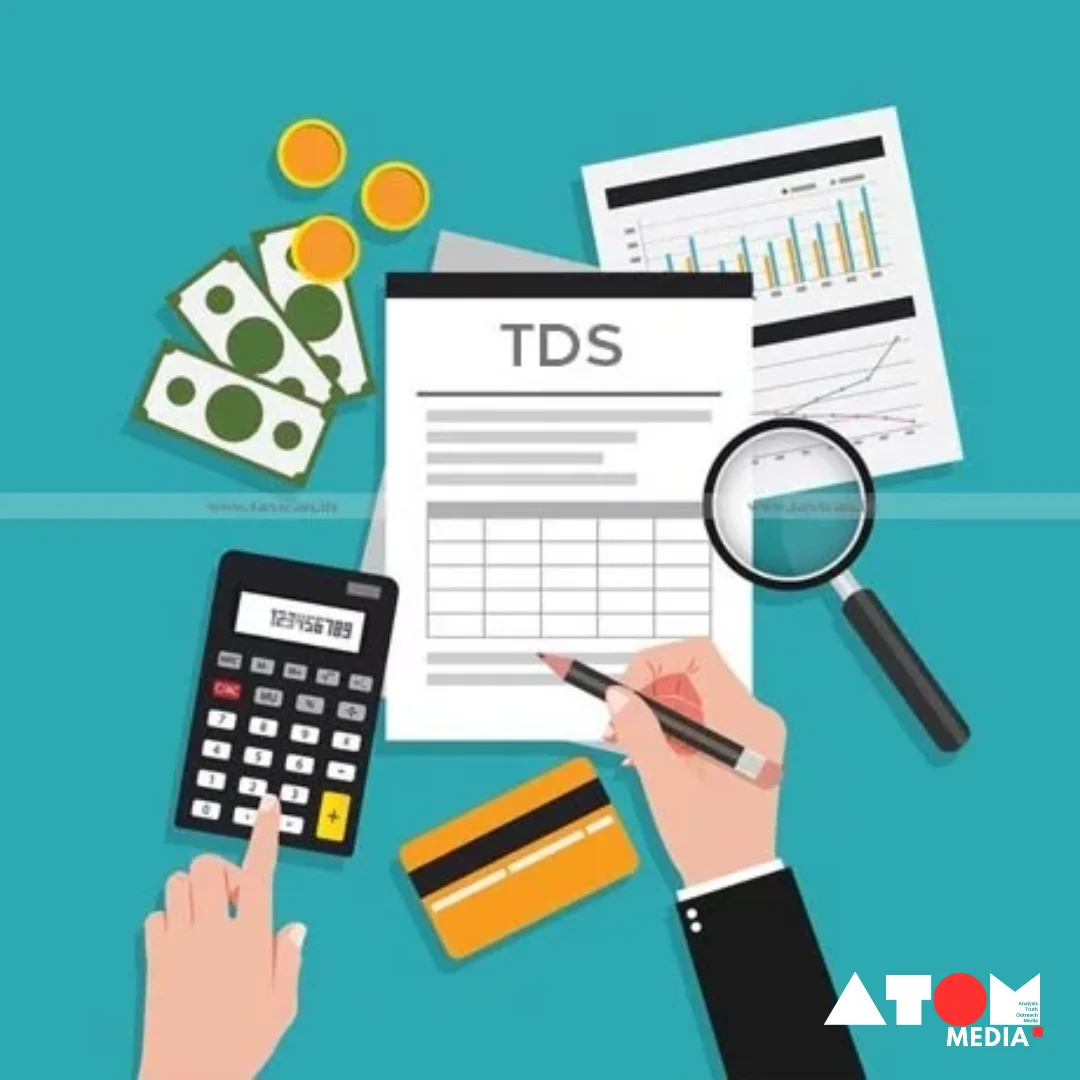In the realm of taxation and financial management, Forms 15G and 15H play a crucial role in helping individuals mitigate the burden of Tax Deducted at Source (TDS). These self-declaration forms serve as essential tools for EPF subscribers and depositors to prevent unnecessary tax deductions. Let’s delve into the significance of Forms 15G and 15H, who needs them, and why they are essential in avoiding TDS.
Forms 15G and 15H
Forms 15G and 15H are self-declaration forms designed for income taxpayers to ensure that TDS is not deducted by financial institutions like banks or EPFO during certain financial transactions. While Form 15G is primarily for individuals other than senior citizens, Form 15H is specifically for senior citizens. These forms serve as declarations of one’s eligibility for exemption from TDS deductions under specific circumstances.
Who Needs Forms 15G and 15H?
EPF subscribers and depositors are the primary beneficiaries of Forms 15G and 15H. EPF subscribers who wish to avoid TDS deductions upon withdrawal of funds exceeding ₹50,000 are required to submit Form 15G. Similarly, depositors with fixed deposits (FDs) seek to prevent TDS deductions when their interest income falls below certain thresholds—₹40,000 for individuals below 60 years and ₹50,000 for individuals above 60 years.
Importance of Forms 15G and 15H
Forms 15G and 15H hold significant importance in the realm of taxation and financial planning. By submitting these forms, individuals can prevent the unnecessary deduction of TDS, thereby retaining more of their earnings. Failure to submit these forms may result in a TDS deduction of 10%, leading to financial loss for the individual.
Filling Out Form 15G
Form 15G requires individuals to provide essential details such as their name, PAN (Permanent Account Number), income tax status (individual or HUF), residential address, email ID, and phone number. It is crucial to ensure accurate and complete information to facilitate smooth processing and compliance with regulatory requirements.
Exceptions and Considerations
While Forms 15G and 15H offer a means to avoid TDS deductions, certain exceptions apply. For instance, TDS may not be deducted in cases of service termination due to ill health or company shutdowns. Additionally, individuals withdrawing EPF balances without PAN may face a higher income tax rate of 30%.
Forms 15G and 15H serve as invaluable tools for individuals seeking to minimize their tax liabilities and retain more of their earnings. By submitting these forms appropriately, EPF subscribers and depositors can navigate the complexities of taxation with greater ease and efficiency. As integral components of financial planning and compliance, Forms 15G and 15H empower individuals to take control of their tax obligations and financial well-being.
Read more: Marketing News, Advertising News, PR and Finance News, Digital News





